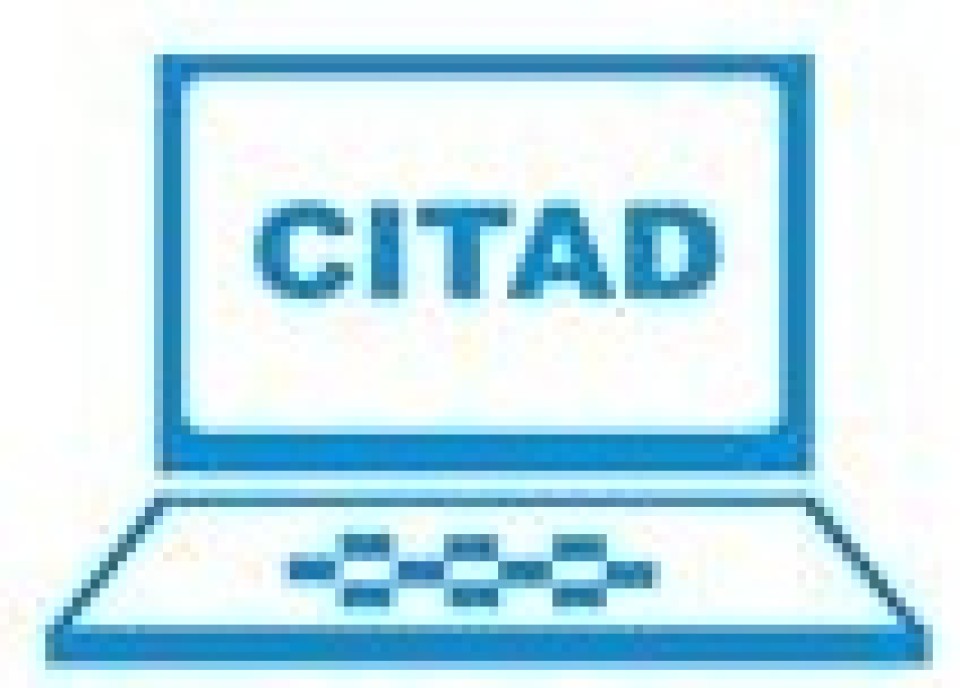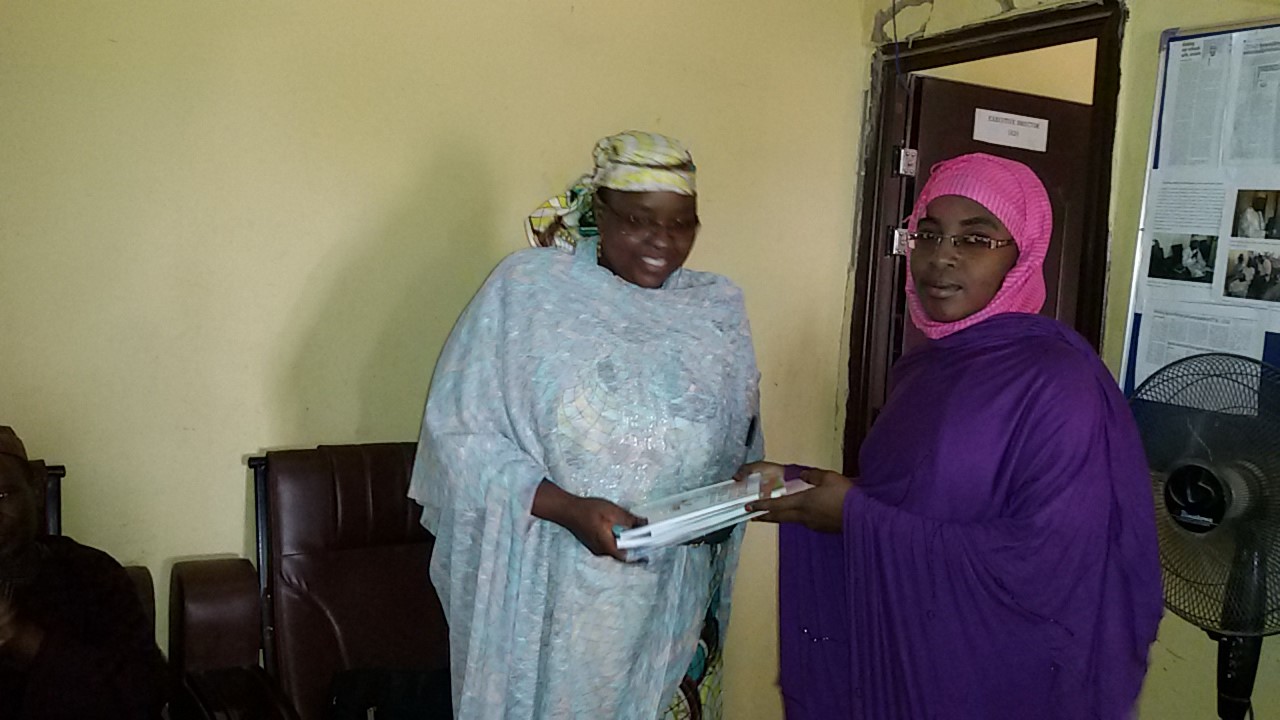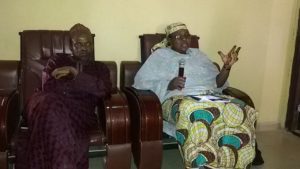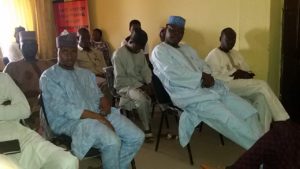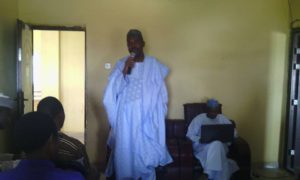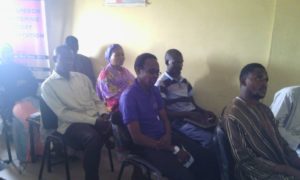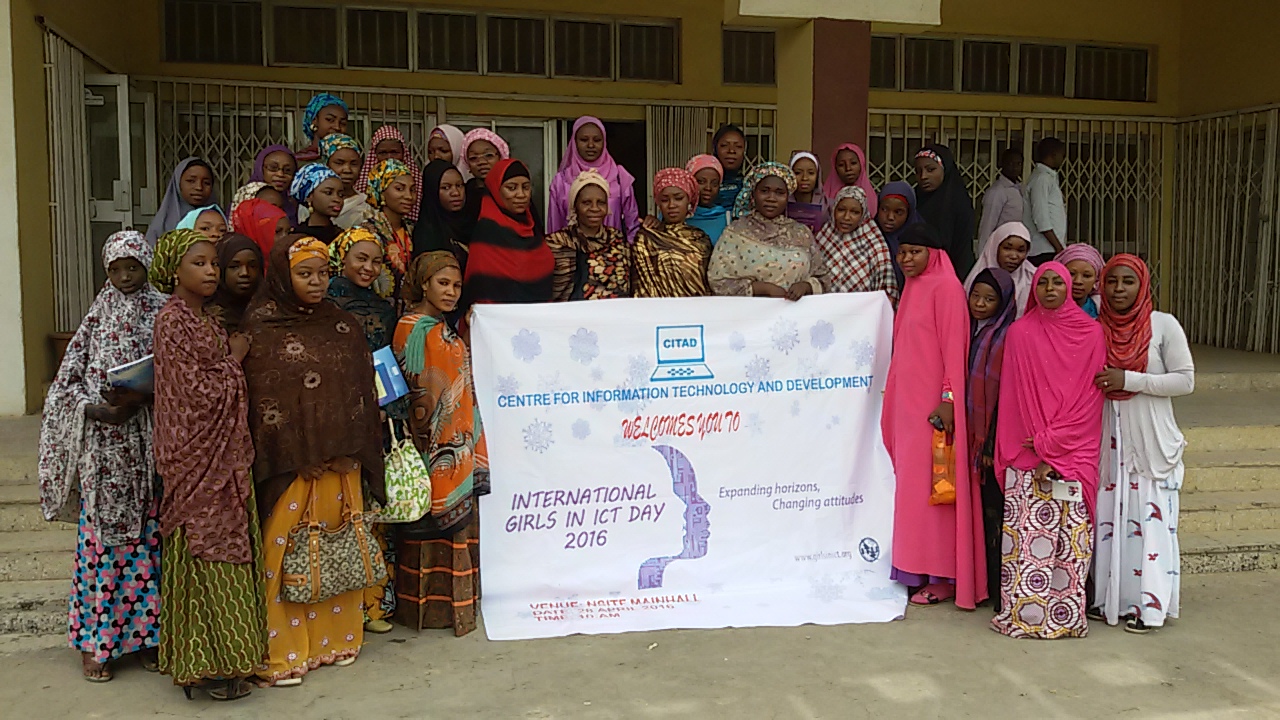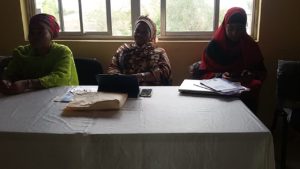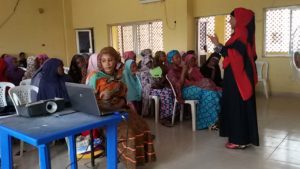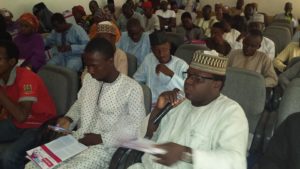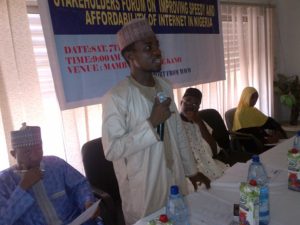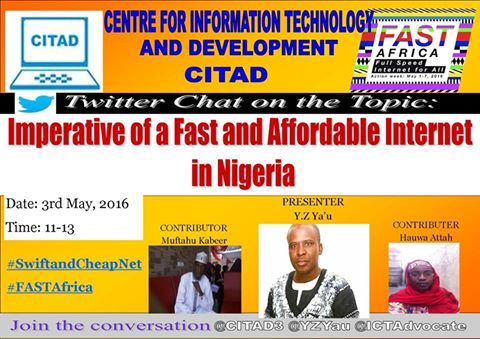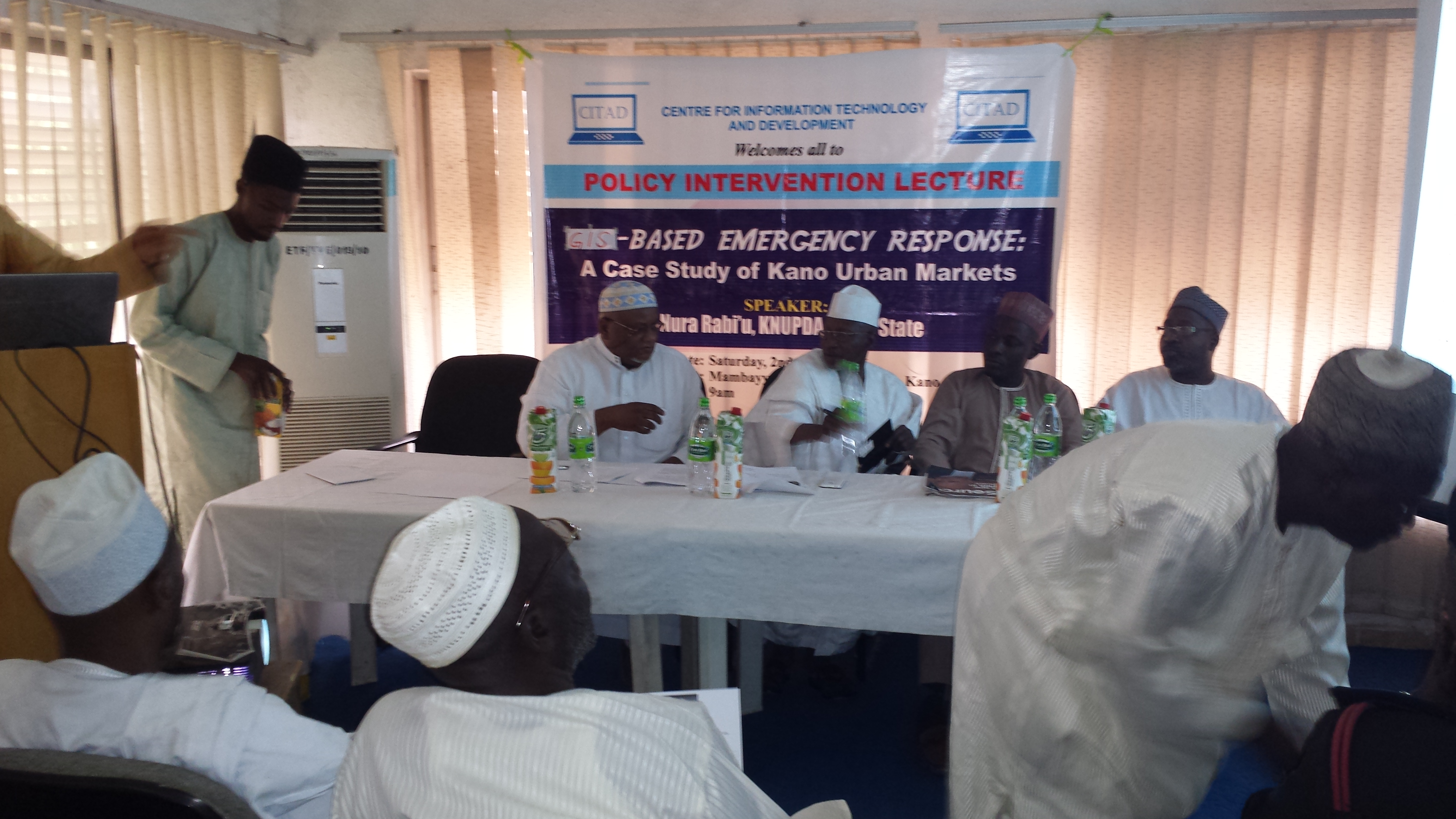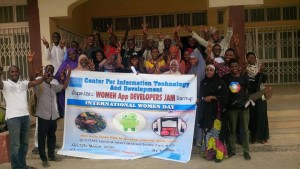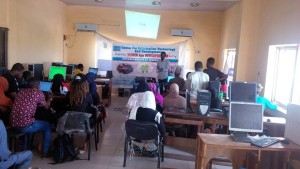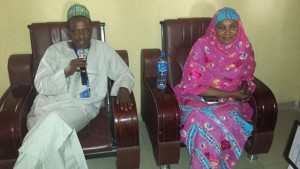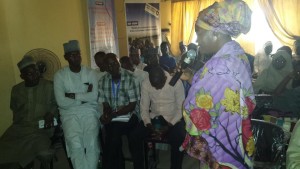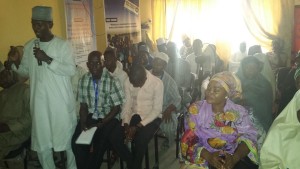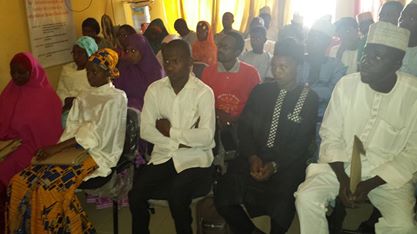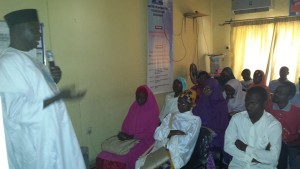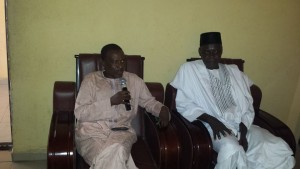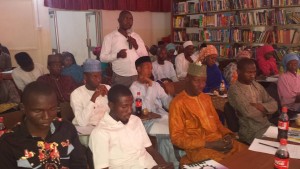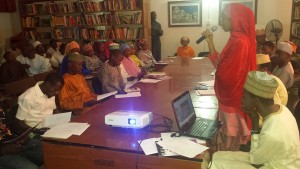
GOVERNMENT NEEDS TO SPEAK AND EXPLAIN ITS ACTIONS TO CITIZENS
Being a Text of Press Briefing on Hate Speech for the Month of June Addressed By Isah Garba, Senior Programmes Officer (Peace and Conflicts), Centre for Information Technology and Development (CITAD) On July 27, 2016, Kano
Introduction
Dear distinguished members of the press. I welcome you to the second of our monthly media briefing on hate speech. We will recall that CITAD has with support of our partners, notably the Nigeria Stability and Reconciliation Programme (NSRP) of DFID and the MacArthur Foundation been undertaking the monitoring and countering of hate speech online as part of the effort to preempt and prevent outbreak of violence that is ignited through the spread of hate and dangerous speech in the society. Â Starting from last month, we commenced a month media briefing so as to draw attention to key and salient issues that we observe in the month.
This month we are particularly worried that with the increasing acrimonious campaign that is rolling up over the bye election for the member representing Minjibir constituency in the Kano State. We think it is necessary for all stakeholders to come to agreement on what needs to be done to prevent the reoccurrence of violence that terminated the first attempt at the bye election some weeks back.
The Results from July Monitoring Activates
Between June and July of this year; our monitors have documented 779 hate speech items. This brings the total of generated hate speech monitored to 1490 these are categorized as follows:
1. Access to resource related hate speech 82 items
2. Biafran agitation – 192 items
3. Terror recruitment – 27Â items
4. Election related 25 items
5. Religious – 618 items
6. Ethnicity – 570 items
Observations
Two facts need to be drawn from this. One is that in July we recorded more hate speech than in June. This means that hate speech is increasing in the country. Secondly as we observed last month, this month also the bulk of the items are relate to ethnicity or religion. We also see the oversimplification of comet process such as rural banditry which is reduced to a conflict between herders and farmers, but which in the spread of hate either speech is cast as the attempt by Muslims to kill non-Muslim people especially in the south east.
With respect to our immediate environment there is repeated use of the Mu hadu a Minjibir and ‘Dan halalar ka fasa†both of which are threats of violence as different political factions prepare for the bye election. Â
The languages that people are using are clearly language that even the most rapid inflammatory print newspaper would not use. This means that the anonymity and the sense of freedom of the social media is a fact in the generation and circulation of hate speech. Yet as our data, shown over 80% of the items are English. This means that the people are school educated.
An analysis shows that there are four keys underlying the spread of hate speech in the country. These include:
- The perception that the Government headed by a Hausa Fulani Muslim north is discriminating against the Igbos
- The counter perception that sections of the country were not happy with the outcome of the election and continuing the election contest by making it difficult  for the government to settle
- The fact that some propel who do not want the anti-corruption to be agenda of the government and will want do everything to scuttle it
- The increased economic hardship that has resulted following the collapse of national earnings and some decision of the government
In this situation, government has a responsibility to speak out to its citizens to try to explain things so that some with some others interest do not use the absence of credible information from government to manipulate opinion of the people. We note that in our broad categories of hate and dangerous speech, rumour is a key component. Rumour strives in the void where information is lacking or in the context of opacity where government officials horde information. In the items that we have captured we see number of rumours, some which could easily lead to confusion. Government has the onerous duty to make sure that rumour is not given free reigns by absent of substantive information from its officials.
RecommendationsÂ
KANO POLITICS
- Politicians should not make the Minjibir election as avenue for revenging or paying back the grievances they have against each other
- Politicians should make sure they preach for free and fair electoral participation  to their supporters
- The candidates contesting the elections and their parties should emulate from the presidential candidates of the 2015 election particularly the then president for on knowing that he lost the election called to congratulate his opponent who won. This simple but difficult action not only makes him a hero in the eyes of the democrats but also saved the country from possible disintegration and blood birth.
- The Sojojin  Baka of all sections of the both intra and inter parties who serve as stimulants to the key actors in the process should know that  as they speak on the air it goes directly to heterogeneous audience that may have different perception and interpretation and finally act differently. In view of this they should guard their utterances and speak in the way that will not promote violence. Rather as they advocate for votes for those they promote they should also advocate for peace as the people they support can only be in office if there is peace, the election can only be conclusive and declared if peacefully conducted and concluded.
- The security operatives in the state should be more vigilant and have their ears to the ground to snipe any possible violence and address early warning signs to avoid violence occurrence. In addition they should keep pace with what is going in the media and other political scenes so as to call order any person or group that is about to derail.
- The electoral  commission should try as much as it can keep to the tenet of the commission in conducting the election and sensitize it adhoc staff on the need to be objective in all the process and the dangers attached to acting contrary
- The general public especially those in the constituency, should learn from the sad experience of cancelled April election and fear  the possibility of them not having a representative in the house should this by election went violence and declared inconclusive by INEC should INEC keep to its words that if the election is not successfully concluded the constituency will remain without a representative, to avid that they should coordinate themselves and not allow any external person to mar the future of their constituency.
- The Media on the other hand should keep to the ethic of the profession as they report political activities or run political programmes especially the live programmes
GovernmentÂ
Since the last press conference, we have not seen government taking serious steps to address some the underlying factors that are leading to the spread of hate speech. In this connection, we would like to repeat the same call that we made earlier, that is:
- The Federal Government should step efforts promoting inclusive dialogues with a view to arriving at national consensus on national issues
- The Federal Government should hasten to roll out programmes that will address the hardship that citizens are experiencing which are providing the fertile space for the generation and circulation of hate speech
- Governments at all levels should promote inclusivity in access to decision making processes and to the benefits of governance programmes
- Governments should promote transparency and openness in the conduct of government and its officials so that citizens are carried along
- Governments should provide adequate information on all decisions taken so that the true circumstances of such decisions are understood by all
Religious and Ethnic Leaders
- They should refrain from using inciting language and caution their followers from using hate speech to voice their grievances
- That religious and community leaders must always condemn hate speech where it is made
- That religious and community leaders should enlighten the public against hate and dangerous speechÂ
- That at all times, they should promote dialogue and peaceful resolution of conflicts and support the promotion of inclusivity in all governance programmes and activities at all levels
Conclusion   Â
As a community we seem to close our eyes and assume that we do not see and hear hate speech. Yet the online channels that we youth engage with are becoming saturated with hate and dangerous speech.  This has two major implications. One is that youth who are most impressionable and  are still grappling with socialization issues are likely to get the wrong messages from this. Second we know that youth are often the major combatants in conflicts. That they are,kyr most likely to be mobilized for conflicts purposes are also the ones coming into contact with various shade of hate speech which with explicit call to action that includes not just discrimination of but killings also can spell danger to our country. We therefore urge people community leaders and indeed all people of influence to join the campaign against hate speech.
In this connection, we also call on the join to join the campaign by providing venue for enlightening and educating people against hate speech and also by deliberately refusing to provide space for the spread of hate speech and messages in their medium.
Thanks you.

